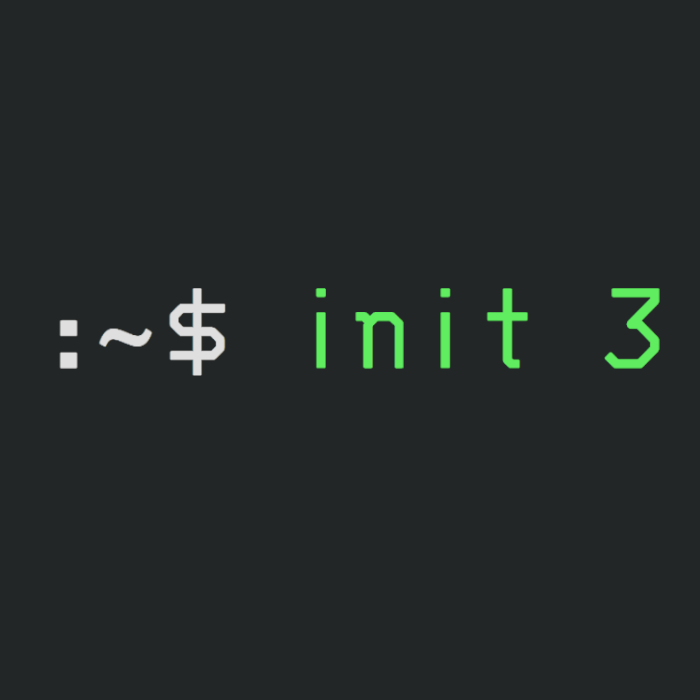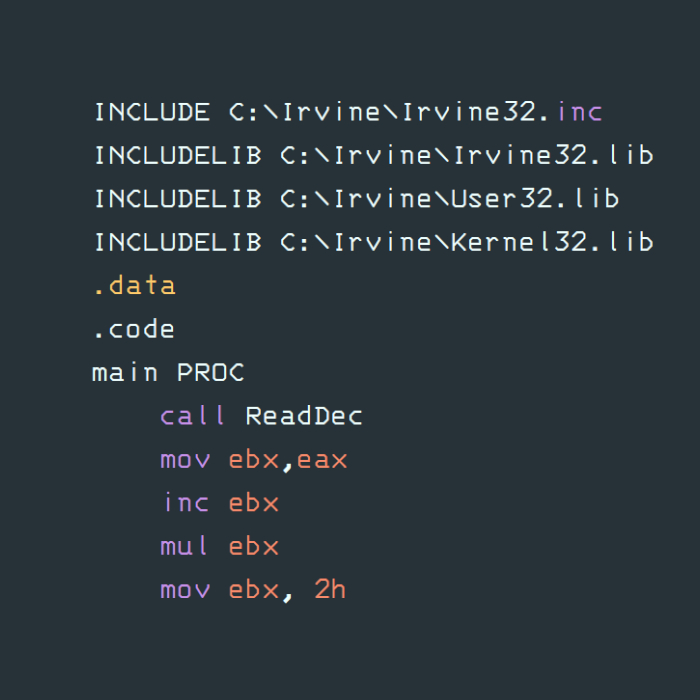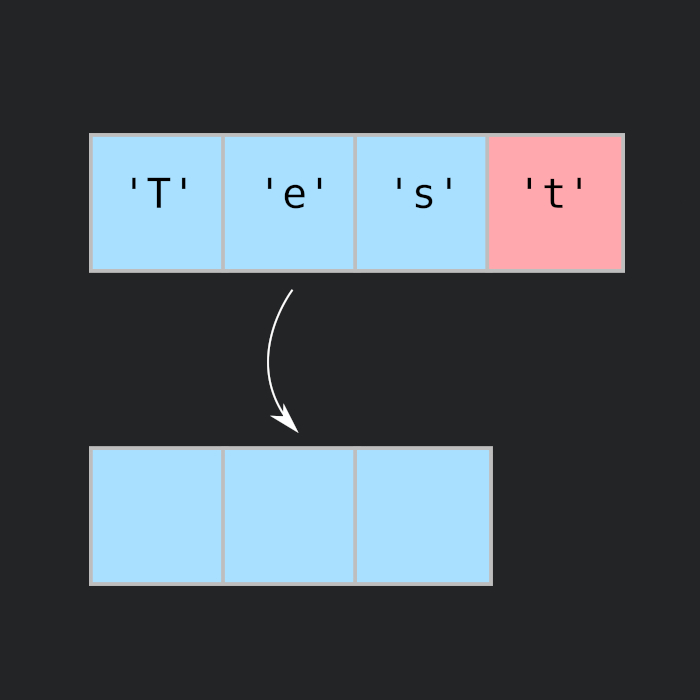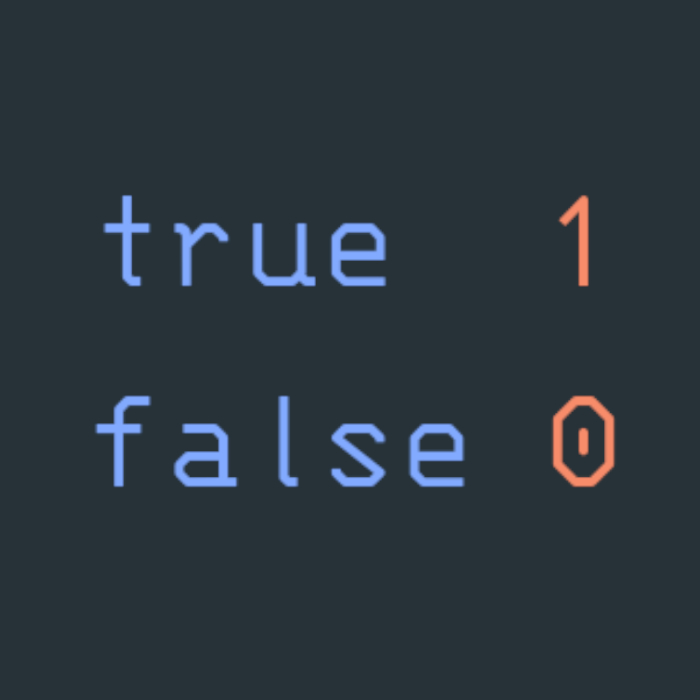
The Art of Cybersecurity (And how to get into it)
You put on your black hoodie, install Kali Linux, change your Facebook cover photo to edgiest pic related to hacking that you can find and boom! hacker mode. Hell yes, you’re ready to become the next Elliot Alderson and hack the FBI with your 1337 command line tools, that router in your neighbour’s living room that you always wanted access to, a...

Using MASM with the Irvine Library on GNU/Linux
In this post I’ll be talking about how to run MASM alongside Irvine library on your Linux system. MASM and Irvine library are both requirements for the assembly language course at my university, and well, I am not a fan of Windows so here they are on Linux.

CyberTalents Writeup: Egypt National Cyber Security CTF 2019
CyberTalents’ Egypt National Cyber Security CTF 2019 was held on September the 7th in Intercontinental City Stars, Cairo.
It was a pretty fun experience for me, as I had never participated in the nationals before. My team and I solved 3 challenges during the CTF and one after it.
Here are the writeups for what we solved:

Optimistic Nihilism
It’s past midnight, you can’t sleep and all you can think about is how large the universe is or wondering if you’ll ever make it and have a stable life with a family and a job and all that.


Buffer Overflows: The Basics
There are a lot of ways to make the software you write vulnerable (if you’re a developer) or to exploit existing software (if you’re on the other side). In this post I’ll be talking about buffer overflows.
A buffer overflow is a bug in software where memory gets overwritten due to a buffer being assigned a value that is bigger than the buffer’s...

The C Boolean Data Type
I have been writing quite a bit of C code for the past few months, I never really thought that it was that different from C++. Boy, was I wrong. There are many differences, and in some sense, I found C a lot more fun.

What's Foss?
A little bit of a background in case you’re not computer savvy, all of computer software is written using a programming language in plain-text files. These files are called “source codes”, where as if you have the source of an application, you can understand what the program exactly does and you can change whatever you want in it. The sources ar...
36 post articles, 5 pages.